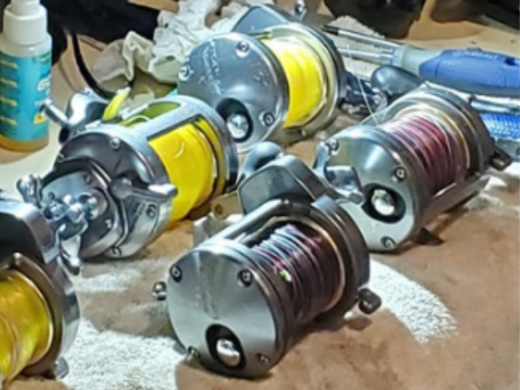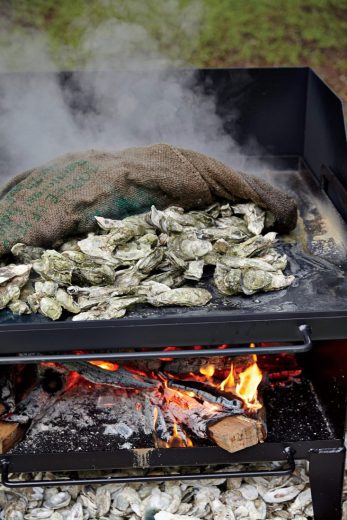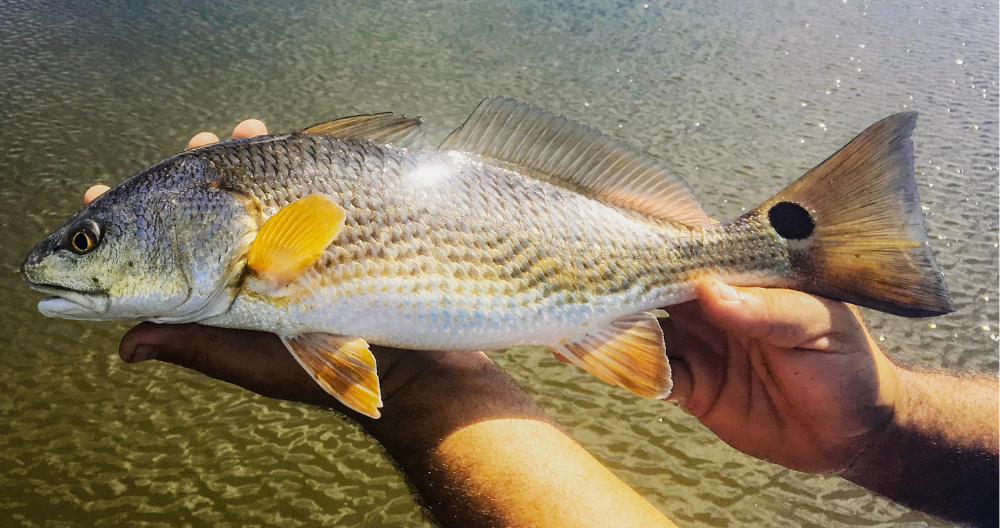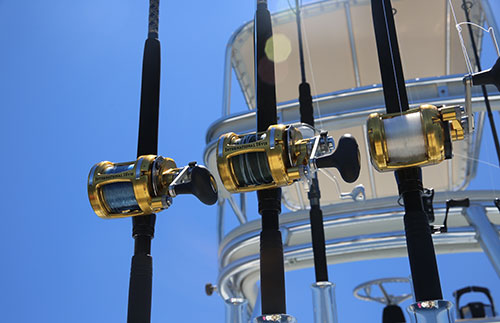Resolving The Timid Fish Problem
Charleston, SC’s, Captain Kevin Blair has found the cure for turning things around when the fish just aren’t biting. He’s turned to live bait fishing with a light split shot rig. He found that it works so well that’s it’s his “go to” tactic when fishing around the creeks and jetties in the Low Country. It was a trick he learned on one of his many fishing trips to Florida. He saw Florida anglers using this strategy to overcome days fishing on slow running tides which are common in Florida.
The approach is actually pretty simple. You create a rig with 20 pound mono connected to 20 pound braid line with a uni-knot, and a 1/0 tail hook. Then put just enough weight with a spit shot weight on your mono line depending on the depth of the water and surrounding structure. Then, rig it with your choice of live bait. Cast upstream on a slow moving tide and let it slowly drift downstream. When fishing a stronger tide, he changes to a ¼ oz. weight to better hold the bait and slow down the drift. You want to make sure to select a rod in the 7’ range with medium to light action. The lighter action will enable you to better feel the fish biting. Just keep casting up current and wait on the drift to move past the boat and repeat.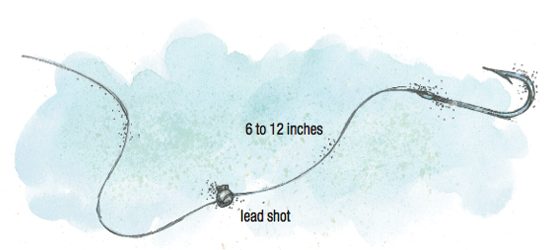
The benefits are more than you think. First it allows your live bait to slowly drift without becoming snagged, thus giving you more time fishing rather than freeing your tackle. No cork is needed. Your bait acts as the floatation. This setup connects the angler directly to the bait and allows the fisherman to better feel the bump from the fish when it assaults the bait. In many respects its just like fly fishing , just with live bait. Now you’re able to drift the bait by structures like docks and jetties or even oyster beds which can be snag magnets. It’s perfect for species like Redfish, Speckled Trout and Black Drum. Kevin tells us that since leaning about live bait fishing with a split shot rig, he and his charter patrons rarely use popping cords. Instead of focusing on the movement of the popping cork his customers now focus on the line to move. His results are phenomenal.

You may be interested
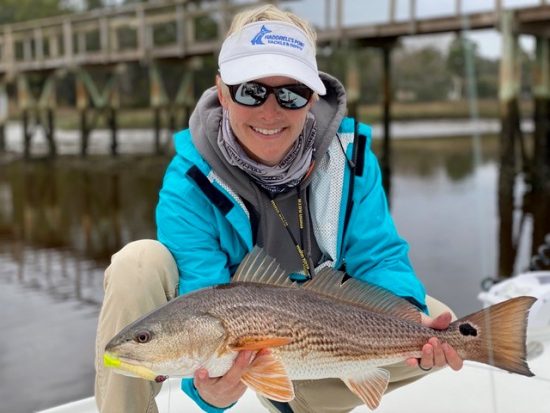
Dock Fishing For Winter Reds…Slow It Down
Tim Wilson - January 21, 2026With the fishing winter pattern still a factor for a few more months, fishing around docks can be a strategy that makes or breaks a day of…

Winter Fishing In the Carolinas
Tim Wilson - January 21, 2026For many anglers, winter marks the end of fishing season. Boats are winterized, tackle gets reorganized, and attention shifts to waiting on spring. But seasoned Carolina anglers…

What’s on the line? Atlantic Bluefin Tuna
Tim Wilson - January 21, 2026The Atlantic bluefin tuna season ranks high enough up on the fishing world calendar that the fish even has two of its own television shows. This species…
Most from this category

